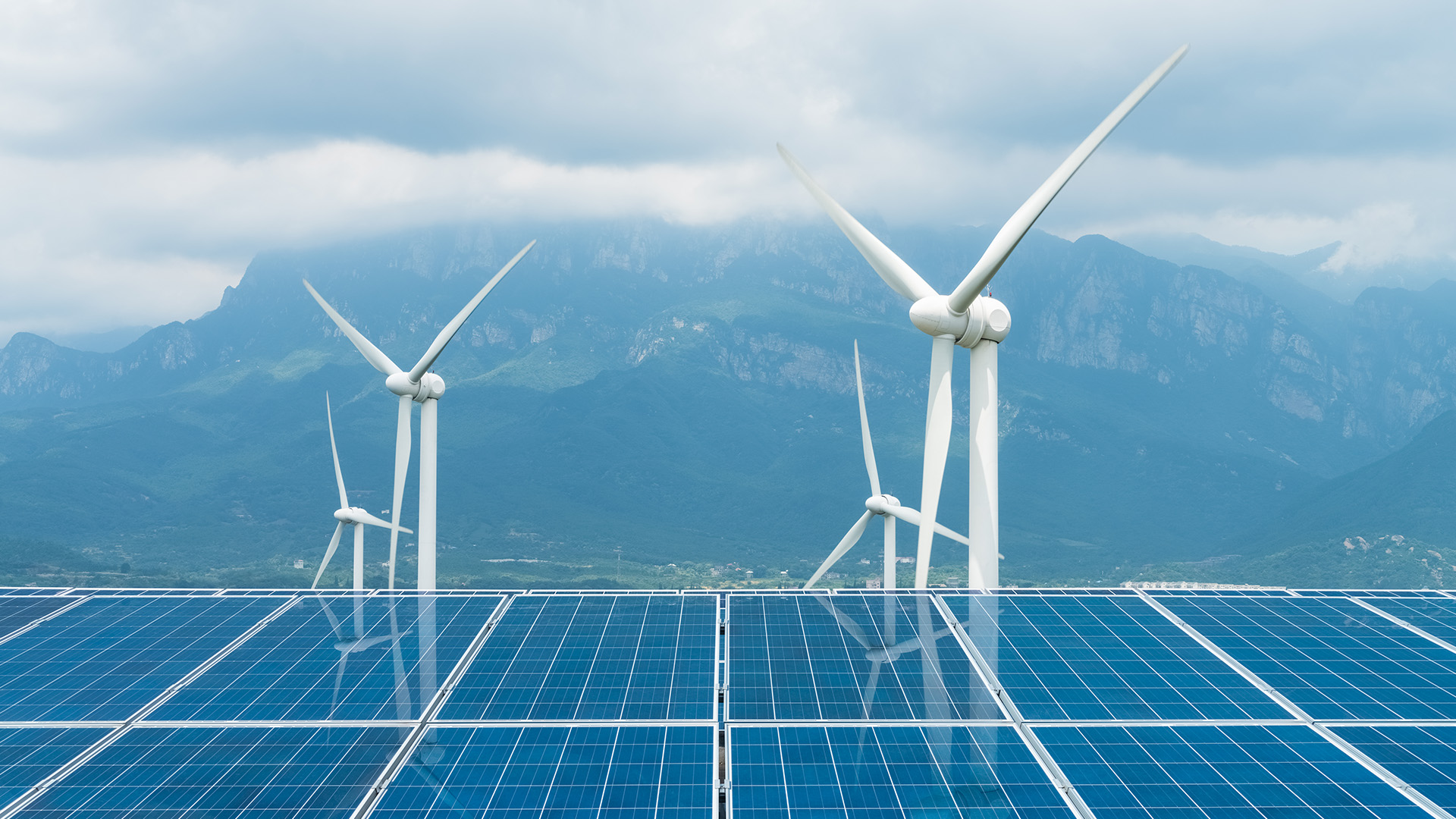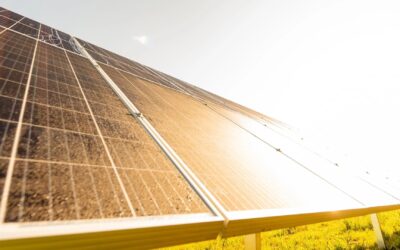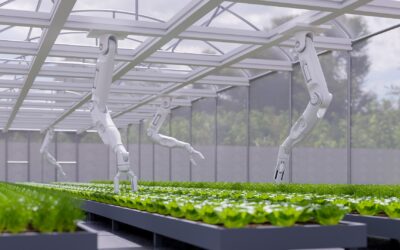A company that’s been in business for more than 125 years must be at the forefront of change and innovation. As education, tools, equipment, manufacturing systems, natural resources, technology, and customer needs evolve, a great company will learn, expand, develop new processes and embrace new technologies to become an industry leader.
Dürr, founded by Paul Dürr in 1896, is an example of how one person’s dream of owning a successful business can turn into a world-leading mechanical and plant engineering firm with outstanding expertise in automation and digitalization, serving thousands of clients.
Dürr Systems is part of the Dürr Group and provides painting and final assembly systems as well as machine and robot technology for vehicle production. Dürr also supplies cross-industry efficient systems in environmental technology, especially for exhaust air purification, and optimizes production efficiency with digital solutions.
Its five global divisions – Paint and Final Assembly Systems, Application Technology, Clean Technology Systems, Measuring and Process Systems, and Woodworking Machinery and Systems – reach more than two dozen countries.
Driving innovation and digitalization
Dürr prides itself on driving innovation within the industries it serves. Several recent technological developments have resulted in significant positive outcomes for traditional automotive OEMs and new EV companies alike. For example, Dürr drew on its decades of experience in painting and final assembly to create the Paint Shop of the Future, a modular, flexible, and scalable concept for more efficient plant production. The Paint Shop of the Future uses Dürr’s digital intelligence software, DXQ, that combines software competency and production process expertise to deliver optimal results. By reimagining processes, customers can conserve space, materials, and energy to maximize overall equipment effectiveness (OEE) while minimizing volatile organic compound (VOC) emissions using sustainable paint systems such as the highest transfer efficiency applicators, zero overspray technology application equipment, one combined paint spray booth, electrically driven ovens and regenerative thermal oxidizers (RTOs).
Another example of Dürr’s innovations is the EcoPaintJet Pro, an environmentally-friendly system for automated, overspray-free two-tone paint application. Its perfectly coordinated combination of a robot, measuring system and applicator ensures highly defined coating. At a high level, “We make it easier and more sustainable for our customers to paint and build vehicles,” Paint and Final Assembly Systems Sales Director Mark Murray said and added that
Dürr’s test and training center in Southfield, Michigan, allows customers to validate new materials and processes before production to ensure optimal paint application results. In addition, robotic path teaching classes are offered for both paint and sealing technologies.
Dürr also optimizes production efficiency with its DXQ software solution, which takes factory digitalization to the next level. With four distinct product families – DXQoperate, DXQanalyze, DXQcontrol and DXQsupport – customers can take advantage of customized software solutions for plant operation, analysis and control (MES) and corresponding service, training and e-learning offerings. Dürr plants with DXQready can be equipped with intelligent software products from the Dürr Digital Factory any time upon customer request and without additional hardware or software upgrades.
Dürr’s NEXT.assembly portfolio is another significant technology that’s providing global automotive customers with processes and technologies for optimized final assembly solutions so they can manufacture their vehicles as efficiently as possible. The company’s assembly of the future is modular, flexible, and digitally connected to meet each OEM’s requirements. Customers receive initial concept planning, consulting, and the implementation of individual processes in conveyor, gluing, assembly, filling and testing technology.
Finally, Dürr is meeting the challenges of newly established electric vehicle companies by offering several technologies, including tandem (simultaneous 2-sided) coating for battery production, solvent recovery recycling, gap filling and bonding, module assembly and automation for battery module production. Dürr is making significant inroads into this new space and expects its number of EV customers to continue to grow as EVs increase in the market.
Sustainability and environmental responsibility
As climate change continues to be at the forefront of scientific research and governmental policy, Dürr has bolstered environmental technology with resource-saving paint shops, efficient exhaust air purification systems, coating systems for battery electrodes and sound insulation technology for several industries.
The company’s research and development practices involve developing low-consumption and low-emission products and processes to create a carbon-neutral future.
“The trend towards sustainability opens up new business opportunities for us since our technologies help customers reduce their ecological footprint. At the same time, we want to actively assume our responsibility towards the environment, society and employees,” said Dr. Jochen Weyrauch, CEO of Dürr AG.
For example, Dürr’s Clean Technology Systems division sells air pollution control and heat exhaust systems that are up to 99.8% effective in removing pollutants. One of the techniques uses regenerative thermal oxidization to capture exhaust and heat it to a higher temperature to burn off impurities before releasing it into the atmosphere.
Working with companies in more than 30 countries has necessitated innovation in sustainable technology. Countries have different variables, such as stricter environmental regulations and access to natural resources. “We have references for the most stringent regulations and most ambitious sustainability goals,” Murray said. “We have the entire range of products. Some countries or site locations don’t have natural gas, so we are able to use electricity as the power source and provide electric paint ovens and electric regenerative thermal oxidizer air abatement systems. We can also use these solutions for customers who want to gain the advantage of reducing their carbon footprint.” Murray added that some plant locations have water shortages. One proven Dürr solution is the best-in-class paint dry scrubbing system to minimize any water requirements for the paint process.
1896 to today
The company began in 1896 when Paul Dürr opened a metal shop for roof flashing in Bad Cannstatt, Germany. Then came expansion into sheet metal processing in 1917.
In 1932, Paul Dürr handed the company over to his son, Otto Dürr, who established a construction office. Plant construction began in 1950 with the first system for chemical surface treatment. In 1963, Dürr installed the first equipment for electrophoretic dip-painting in the Ford factory in Genk, Belgium. Subsidiaries were founded in Brazil, Mexico, and the United States in 1964, 1966, and 1970, respectively.
In 1978, Dürr expanded into the automation and conveyor systems fields, launched its IPO and took over the Behr-Group. The company also acquired the French competitor Alstom Automation in 1999. The measuring systems group Carl Schenck AG also became part of the Dürr Group in 2000.
In 2003, Dürr received the most significant order in the company’s history: General Motors ordered three paint shops in North America. In the summer of 2009, Dürr relocated its headquarters from Stuttgart to Bietigheim-Bissingen.
In 2011, Dürr expanded its energy efficiency business activities, including exhaust air purification systems and processes for utilizing energy recovered from industrial waste heat.
In 2014, Dürr acquired the majority of HOMAG Group AG, the world market leader for woodworking machines.
In 2018, Dürr acquired Megtec and Universal and teamtechnik in 2021.
Currently, the company has about 19,000 employees and 123 business locations in 32 countries.
For more information on Dürr and its products, services and innovations, visit durr.com.




